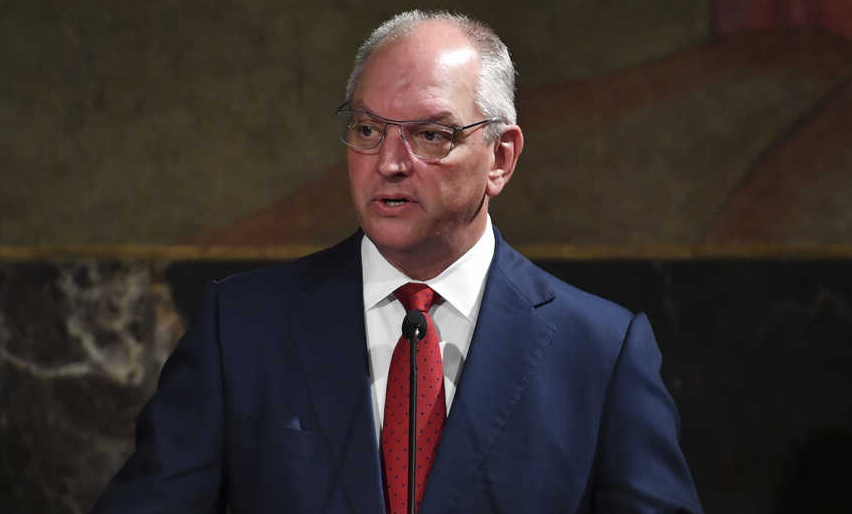Shreveport, LA – According to the state officials, the U.S. Department of Commerce’s National Telecommunications and Information Administration will reportedly invest $65 billion to provide affordable, reliable, high-speed internet for everyone in America by the end of the decade.
Officials have announced that the “Internet for All” initiative is funded through the Bipartisan Infrastructure Law and administered by NTIA.
The programs will reportedly build internet infrastructure, teach digital skills, and provide necessary technology to ensure that everyone in America, including communities of color, rural communities, and older people, have the access and skills they need to fully participate in today’s society.
Gov. Edwards released the following statement:
“Partnering with Commerce/NTIA will allow Louisiana to achieve what we thought was impossible. We will now have the financial resources necessary to once and for all eliminate the digital divide in Louisiana. We are grateful to both Secretary Raimondo and Assistant Secretary Davidson of NTIA for their leadership and partnership.
Over the past several years, our Broadband Office (ConnectLa) has worked hard to align resources between federal, state, and local officials to take full advantage of this historic broadband funding opportunity. We look forward to partnering with the people of Louisiana to make closing the divide a reality.
The Internet for All programs launched last Friday with three Notices of Funding Opportunity:
• Broadband Equity, Access, and Deployment (BEAD) Program ($42.5 billion);
• Enabling Middle Mile Broadband Infrastructure Program ($1 billion); and,
• State Digital Equity Act programs ($1.5 billion).
To participate in the BEAD Program, our state has submitted a letter of intent and a planning funds budget, which will unlock $5 million in planning funds and allow states to begin creating their five-year action plan.
Each state will have direct support from dedicated NTIA staff through every step of the process. Each participating state is guaranteed a minimum $100 million allocation, with additional funding determinations made based on the forthcoming coverage maps from the Federal Communications Commission.
